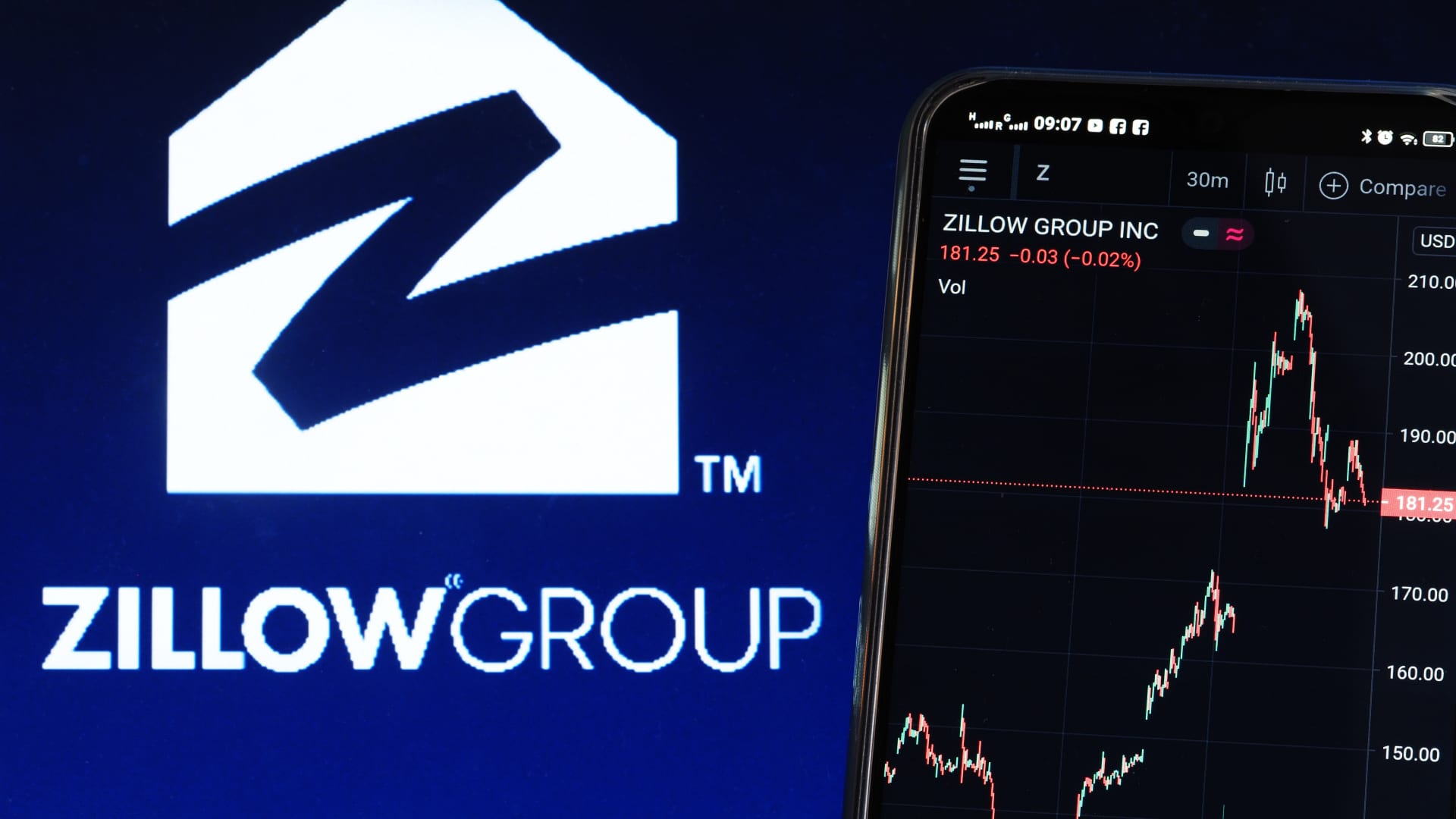T
he recent surge in Compass (COMP) shares has sparked debate among investors: Is the rally a rational response to a real estate market poised for recovery, or is it fueled by overhyped optimism? To answer this, we must examine the interplay between Federal Reserve rate cut expectations and Compass's Q2 2025 outperformance. The Fed's July meeting minutes signaled two 25-basis-point rate cuts in the second half of the year to ease borrowing costs and stimulate economic activity.
While these cuts could lower mortgage rates and marginally boost housing demand, their impact is clouded by structural challenges such as sticky inflation, lingering tariff effects, and a sluggish labor market. For Compass, a real estate tech firm reliant on transaction volume, the Fed's actions are a mixed bag. Lower rates could spur buyer activity in oversupplied markets like Dallas-Fort Worth and Nashville, but the "lock-in effect" continues to suppress turnover.
Compass's Q2 2025 results were a standout in a weak real estate environment, with a 21.1% year-over-year revenue increase to $2.06 billion driven by a 20.9% surge in total transactions. Its market share rose to 6.09%, a record high, while organic transaction growth of 6.3% underscored its ability to capture market share despite headwinds.
Key drivers included agent growth and retention, profitability, and innovation. Compass's adjusted EBITDA jumped 63% to $125.9 million, and free cash flow hit $68 million, signaling robust operational efficiency. However, its success hinges on the real estate market's ability to rebound—a scenario that remains uncertain.
Compass's revenue is intrinsically tied to real estate transaction volume, making it highly cyclical. While the company outperformed in Q2, a prolonged downturn could erode its margins. The Fed's rate cuts are not a panacea, and inventory levels remain elevated in 33 of the 50 largest metro areas.
Compass's stock has rallied on optimism about real estate recovery and its Q2 outperformance, with a price-to-sales ratio of 4.5x (as of August 2025). However, investors must weigh this against the risks of a commission-based model. A critical question is whether the Fed's rate cuts will catalyze a broader housing rebound.
Investors with a medium-term horizon and a tolerance for volatility may consider a position in COMP, but with a focus on risk management. A trailing stop-loss or hedging against real estate sector downturns could mitigate cyclical risks. In conclusion, Compass's rally is partly justified by its Q2 outperformance and strategic advantages, but the stock's long-term trajectory will depend on the Fed's ability to engineer a real estate recovery and Compass's capacity to adapt to a cyclical industry.














